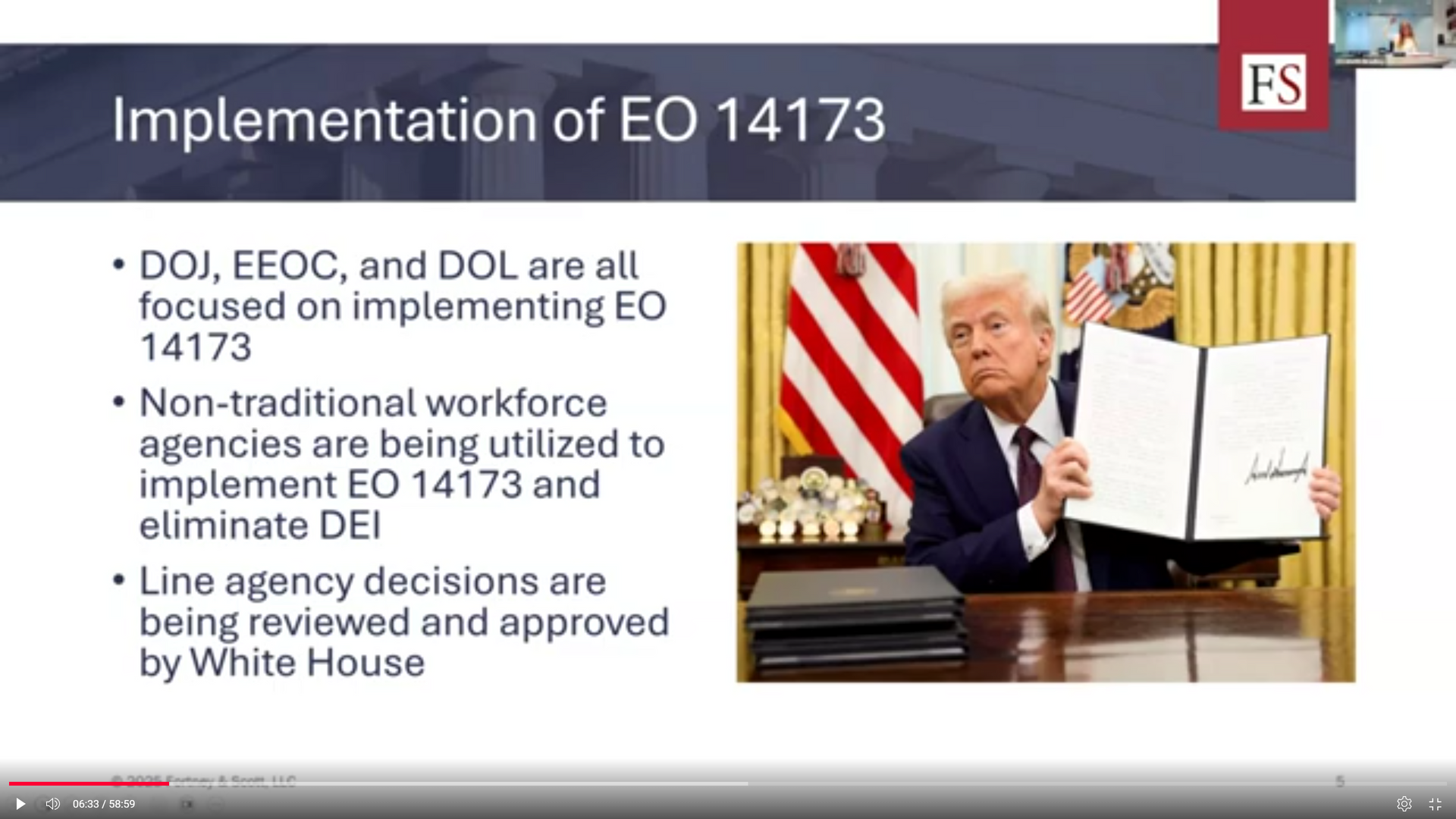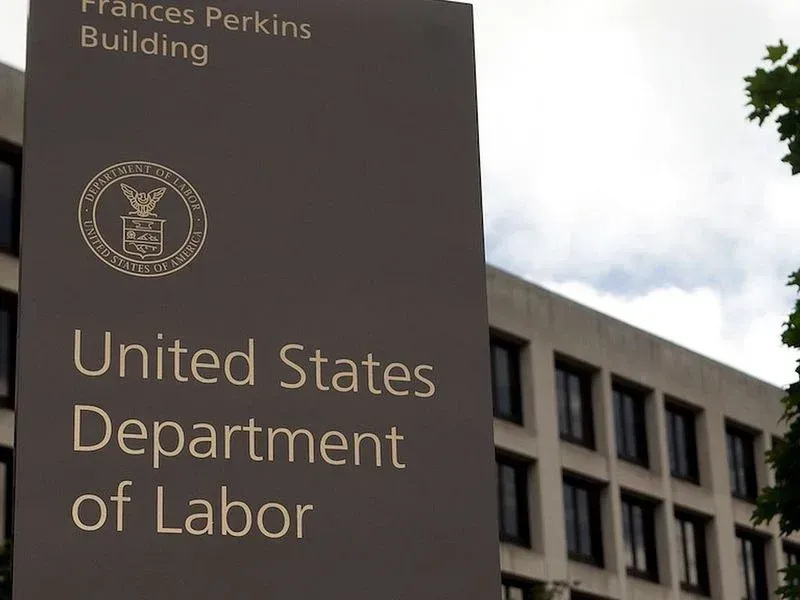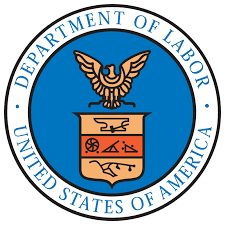Pay Equity Bulletin - Summer 2023
Pay equity continues to be an area with fast moving developments.
- In May, Goldman Sachs settled a pay discrimination class action lawsuit brought by female employees for an eye popping $215 million.
- The Supreme Court rulings in Students for Fair Admissions Inc. v. President and Fellows of Harvard College and Students for Fair Admissions Inc. v. University of North Carolina make it vital for employers to conduct Title VII compliant pay equity analyses on a regular basis.
- Similarly, with recent shareholder proposals calling for wage gap disclosures, employers should be performing pay equity audits to ensure legal compliance before data is made publicly available.
- Following the national trend, states continue to pass laws requiring pay range disclosures in job postings.
Goldman Sachs Settles Pay Equity Lawsuit for $215 Million
In May, investment firm Goldman Sachs (“Goldman”) announced it had settled a longstanding class action brought by female employees alleging unequal pay and discrimination in promotions. The class action was composed of 2,800 associates and vice presidents of the company. In addition to the financial component of the settlement, Goldman will be required to hire an outside expert to evaluate its promotion and performance evaluation process for the next three years. Though the settlement is substantial, by reaching an agreement with the plaintiffs, Goldman avoided going through a potentially embarrassing trial in June.
Supreme Court Bans Use of Race in Admissions
On June 29th the Supreme Court handed down its ruling in Students for Fair Admissions Inc. v. President and Fellows of Harvard College and Students for Fair Admissions Inc. v. University of North Carolina. The decision held the use of race in college admissions to be a violation of the Equal Protection guarantee of the 14th Amendment. While the opinion does not directly concern the workplace, it will draw scrutiny to pay equity initiatives from DE&I detractors. Employers that make use of pay equity audits should ensure the audits are compliant with Title VII because “back of the envelope” adjustments to pay may create liability.
Pay Equity Shareholder Proposals
In recent years DE&I focused shareholder proposals have become increasingly popular. Among the recent wave of these proposals are demands that companies publicly release wage gap data for women and minorities. Public companies should be mindful of the trend and conduct regular pay equity audits to address any pay equity issues before being required to publish potentially embarrassing data that may draw legal claims. For example, this year activist shareholder group Arjuna Capitol filed a shareholder proposal with the grocery store chain Kroger demanding that the company “report on both quantitative median and adjusted pay gaps across race and gender, including associated policy, reputational, competitive, and operational risks, and risks related to recruiting and retaining diverse talent.” Kroger’s shareholders approved the proposal on June 22nd. Last year Disney and Lowe’s approved similar measures from Arjuna.
New Pay Range Disclosure Laws
This spring saw significant amounts of proposed legislation at the state level that would mandate disclosure of pay ranges in job postings. Such laws are already in effect in California, Colorado, Washington State and numerous localities, including New York City. The legislation proposed in Illinois passed the legislature and awaits the signature of Governor Pritzker. The measure proposed in Hawaii passed and was signed into law by Hawaii’s governor this July. Additionally, Colorado amended its existing pay range disclosure law to create additional obligations for employers. A summary of the legislation as passed, and the Colorado amendment may be found below:
- Illinois: HB3129
- Status: Awaiting signature by the governor.
- Effective Date: January 1, 2025
- Scope:
- Applies to employers with 15 or more employees.
- Applies to positions that will be physically performed in Illinois or that will be performed outside of Illinois but report to a supervisor, office, or other work site in Illinois.
- Key Provisions:
- Job postings must include a pay scale and benefits information. This includes "the wage or salary, or the wage or salary range, and a general description of the benefits and other compensation, including, but not limited to, bonuses, stock options, or other incentives the employer reasonably expects in good faith to offer for the position . . . . "
- Any positions advertised publicly that would be a promotion for an existing employee must be made available internally within 14 days of the public posting.
- Employers must make the pay scale and benefits information available to an applicant before discussing compensation or at the applicant’s request, if the position was not posted publicly.
- Hawaii: SB1057
- Status: Signed into law.
- Effective Date: January 1, 2024
- Scope:
- Only applies to companies with 50 or more employees.
- Does not apply to internal transfers and promotions.
- Key Provisions:
- Require hourly rate or salary range to be included in the job posting that reasonably reflects the actual expected compensation.
- Colorado: SB23-105
- Status: Signed into law.
- Effective Date: January 1, 2024
- Scope:
- The law currently applies to employers with at least one employee in Colorado who are advertising for a position that can be performed in whole or in part within Colorado, including by remote work.
- Under the amendment, if an employer is physically located outside of Colorado and has fewer than 15 employees in Colorado working remotely, the employer need only provide notice of remote job opportunities to Colorado employees through July 1, 2029. Previously the law required notice of all opportunities.
- Key Provisions of Amendment:
- Job postings must now include the date when the application window will close.
- The law requires employers that select an individual for a position to make a reasonable effort to provide the following information to the people who will work with the person within 30 calendar days:
- Name of person selected;
- The selected individual’s prior job title (if applicable);
- The selected individual’s new job title;
- Info about how to express interest for similar opportunities in the future.
- For positions that allow for career progression based on time in position or other metrics, the employe must “make available to all eligible employees the requirements for career progression, in addition to each positions terms of compensation, benefits, full-time or part-time status, duties, and access to further advancement.” Previously these positions were required to be posted internally.
As a reminder to employers, New York State’s pay range disclosure law goes into effect on September 17, 2023.


















